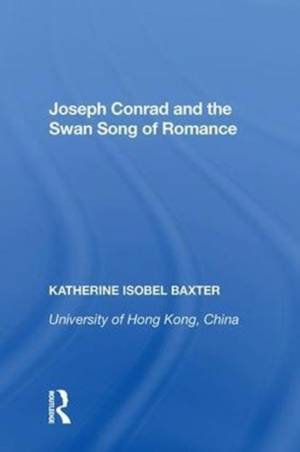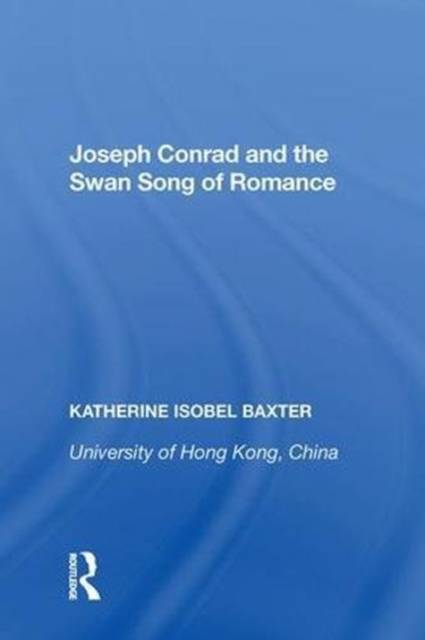
- Afhalen na 1 uur in een winkel met voorraad
- Gratis thuislevering in België vanaf € 30
- Ruim aanbod met 7 miljoen producten
- Afhalen na 1 uur in een winkel met voorraad
- Gratis thuislevering in België vanaf € 30
- Ruim aanbod met 7 miljoen producten
Zoeken
€ 195,95
+ 391 punten
Omschrijving
In the first critical study wholly devoted to Joseph Conrad's use of techniques associated with the literary tradition of romance, the author argues that Conrad's engagement with the genre invigorated his work throughout his career. Exploring the ways in which Conrad borrows from, alludes to, and subverts the tropes of romance, the author suggests that Conrad's ambivalent relationship with popular forms like the adventure novel is revealed in the way he uses romance conventions to disrupt narrative expectations and make visible ethical problems with Europe's colonial project. The author examines not only familiar novels like Lord Jim but also less-studied works such as Romance and The Rover, using Robert Miles's model of the 'philosophical romance' to show that for Conrad, romance is also philosophically engaged with issues of ideology. Her study enables a new appreciation of the ways in which Conrad continued to experiment, even in his later fiction, and of the ethical import of that aesthetic experimentation.
Specificaties
Betrokkenen
- Auteur(s):
- Uitgeverij:
Inhoud
- Aantal bladzijden:
- 172
- Taal:
- Engels
Eigenschappen
- Productcode (EAN):
- 9780815390008
- Verschijningsdatum:
- 29/11/2017
- Uitvoering:
- Hardcover
- Formaat:
- Genaaid
- Afmetingen:
- 156 mm x 233 mm
- Gewicht:
- 479 g

Alleen bij Standaard Boekhandel
+ 391 punten op je klantenkaart van Standaard Boekhandel
Beoordelingen
We publiceren alleen reviews die voldoen aan de voorwaarden voor reviews. Bekijk onze voorwaarden voor reviews.











